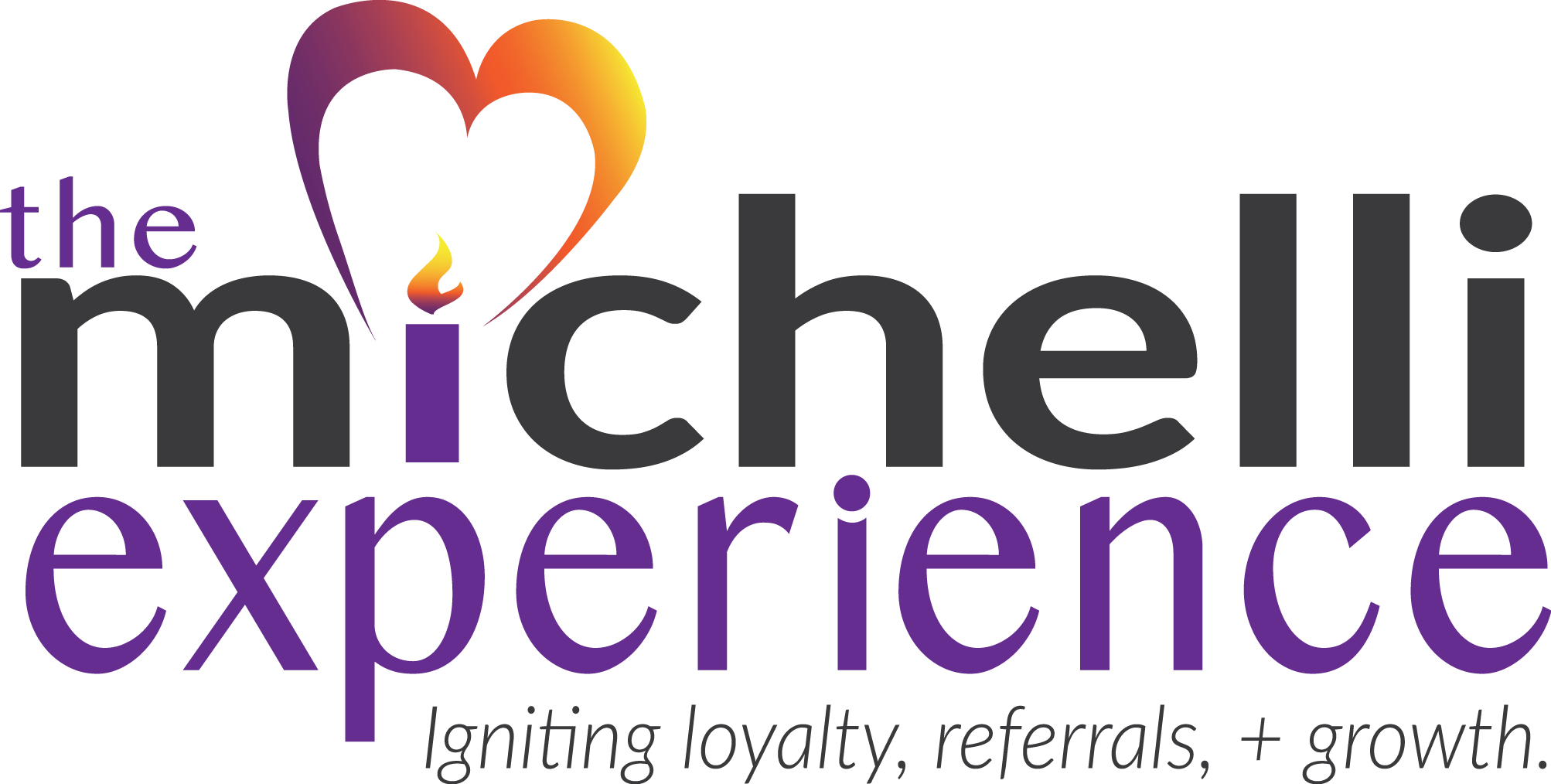If you are a parent of young children, you probably reminded them of the importance of saying this on Halloween as they went off trick-or-treating. I also suspect your parents taught you that these are two of the three magic words. Yes, I am talking about saying, “Thank you.”
Beyond Social Skills – Words Matter
The practice of using words to acknowledge gratitude is clearly part of developing social courtesy but beyond the action of saying thank you, many leaders and service providers sadly have not mastered an attitude of gratitude.
In business (and more broadly in all aspects of life) the words THANK YOU are only as meaningful as the sincerity with which they are said. In fact, I work with consulting clients to look at the authenticity and impact of word choices across all aspects of their sales or service delivery. Often we strive to remove words which are simply filler or are said in a perfunctory manner.
For example, when a customer enters a retail store and a clerk asks, “How are you today?” What happens? Most customers know the question is little more than a universal greeting. Most clerks don’t really want a customer to honestly answer the question. Imagine a customer saying, “I’m not doing well because I just took my dog to the veterinarian and my sister was just diagnosed with lupus.”
Fortunately, most customers will deflect with a response of, “I’m fine.” In essence, the salesperson has started the customer relationship by asking a question where the customer knows to withhold the truth. How sad. The job of a retail team should be to welcome guests into a business, help customers navigate the store, enhance a customer’s shopping experience, assess their need, and yes demonstrate authentic gratitude for the customer spending time with and/or buying from them.
Gratitude at the Core
Lest I get further carried away with superfluous and vacuous greetings, let me get back to my core message about gratitude. It is easy to lose a sense of deep appreciation for the blessings we have in our lives. Difficult customers, the ease by which customers can access us through technology, and ever-increasing service demands can render anyone a bit frayed and negative at times.
My experience, however, is that leaders set the tone for an appreciative workplace. If you authentically appreciate your people (recognizing them for meaningful contributions) and value customers (thanking them for doing business with you), your people will often also understand the importance of gratitude in business.
Gratitude and Business
In her Forbes.com article titled How Gratitude Advances Marketing and Business, Cheryl Conner notes that business leaders should:
Go for gratitude first, and loyalty will follow. The emotional response that is most likely to drive loyal behavior, according to <strategy advisor Mark> Boncheck, is gratitude. By its definition, gratitude is a feeling of appreciation and an expression of that feeling through an overt and appropriate act. It is a reciprocal act by its very nature that can serve as the basis of a relationship beyond the transactional sale.
Cheryl also cites research on how customers want loyalty programs to reflect a brand’s gratitude:
A study by Kitewheel shows three-quarters of consumers believe loyalty programs are ways for brands to show their loyalty to consumers. But two-thirds of marketers view loyalty programs as a way for consumers to demonstrate their loyalty to brands.
Personal Benefits
Authentic gratitude also has great benefits for the people who work for us. Dr. Robert Emmons, professor of psychology at the University of California, Davis, cites many studies on the benefits of gratitude on physical health and well-being:
In an experimental comparison, those who kept gratitude journals on a weekly basis exercised more regularly, reported fewer physical symptoms, felt better about their lives as a whole, and were more optimistic about the upcoming week compared to those who recorded hassles or neutral life events (Emmons & McCullough, 2003).
Grateful people report higher levels of positive emotions, life satisfaction, vitality, optimism and lower levels of depression and stress. The disposition toward gratitude appears to enhance pleasant feeling states more than it diminishes unpleasant emotions. Grateful people do not deny or ignore the negative aspects of life.
I have promoted the importance of joy journals since a book I wrote in 1998 titled Humor, Play, and Laughter. Similarly, I have encouraged gratefulness tools to steward a culture of gratitude.
Blessings
Quite frankly it is easy for me to be grateful for my team and my clients and often I am overwhelmed by the opportunities I am afforded. For example, I write this from a true paradise on earth – The Jumby Bay Island Resort. I have been entrusted for years to work with leaders at this special place that delivers an elevated hospitality experience which consistently wins Conde Nast Readers’ Choice Award, TripAdvisor Travelers’ Choice Award, and so many other travel honors.
I realize that not everyone is as fortunate but then again gratitude is a lot about looking for the joy, the blessings, the good news when many others might see bad.
What’s your good news? For what are you grateful? Your customers, your team, the opportunity to make a difference? Gratitude is reciprocal, and it is contagious. Spread it for your well-being and for the good of the people you are fortunate enough to be entrusted to serve.

Joseph A. Michelli, Ph.D. is a professional speaker and chief experience officer at The Michelli Experience. A New York Times #1 bestselling author, Dr. Michelli and his team consult with some of the world’s best customer experience companies.
Follow on Twitter: @josephmichelli



